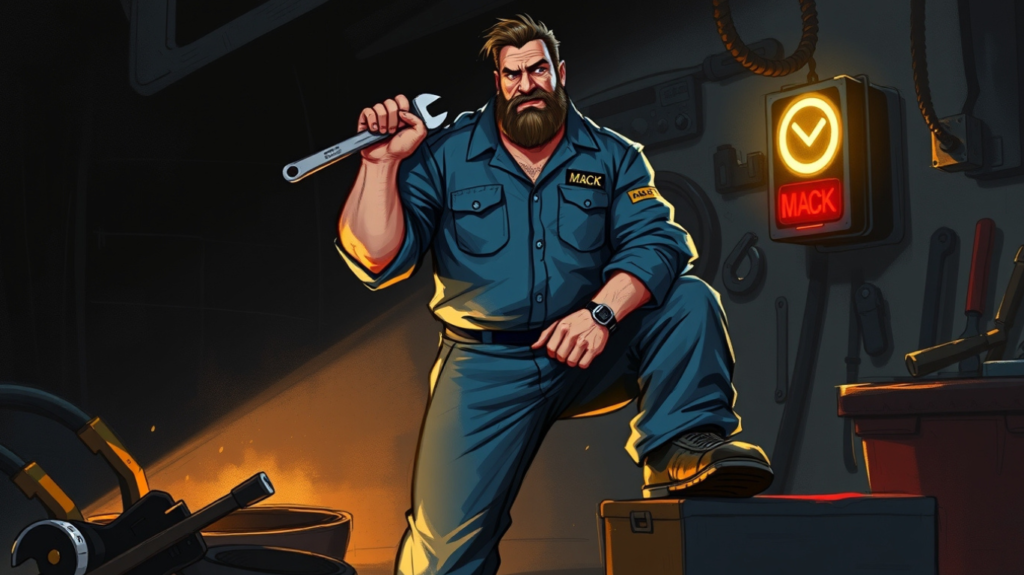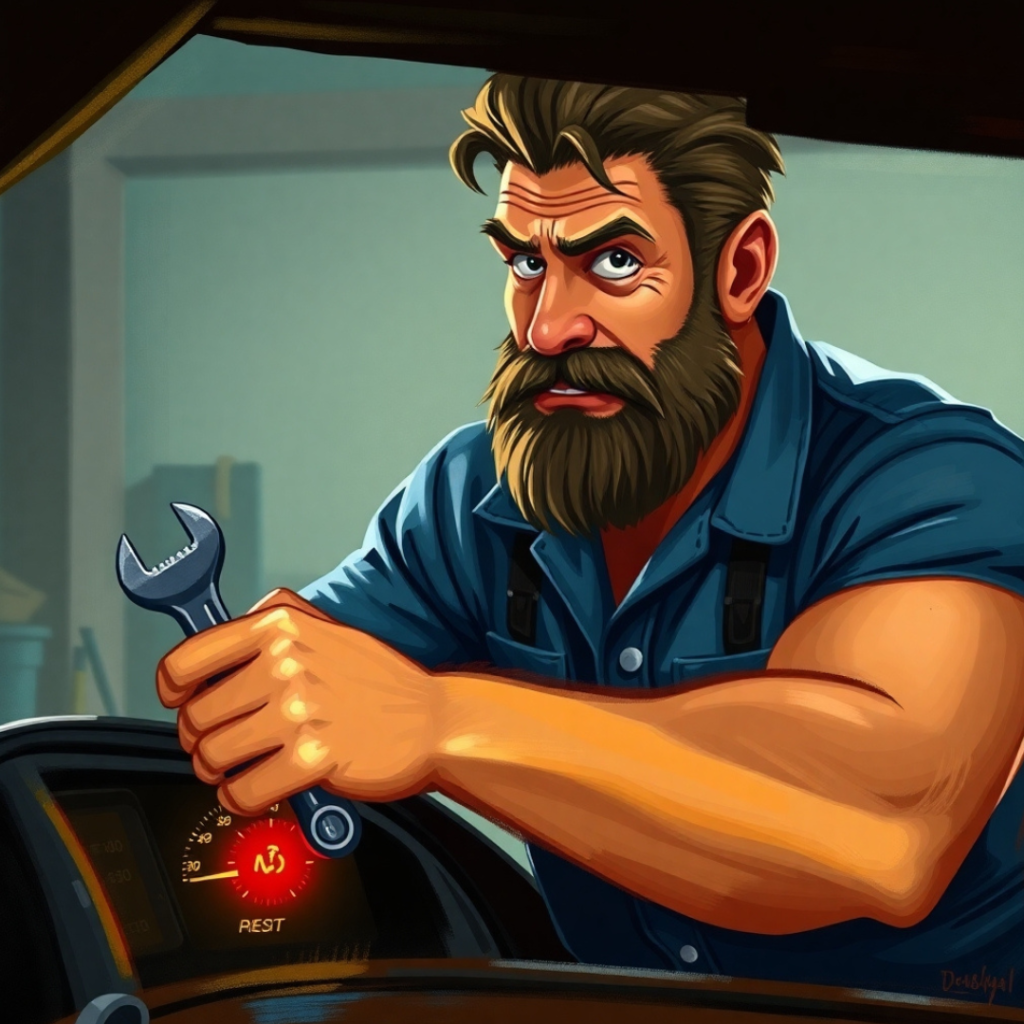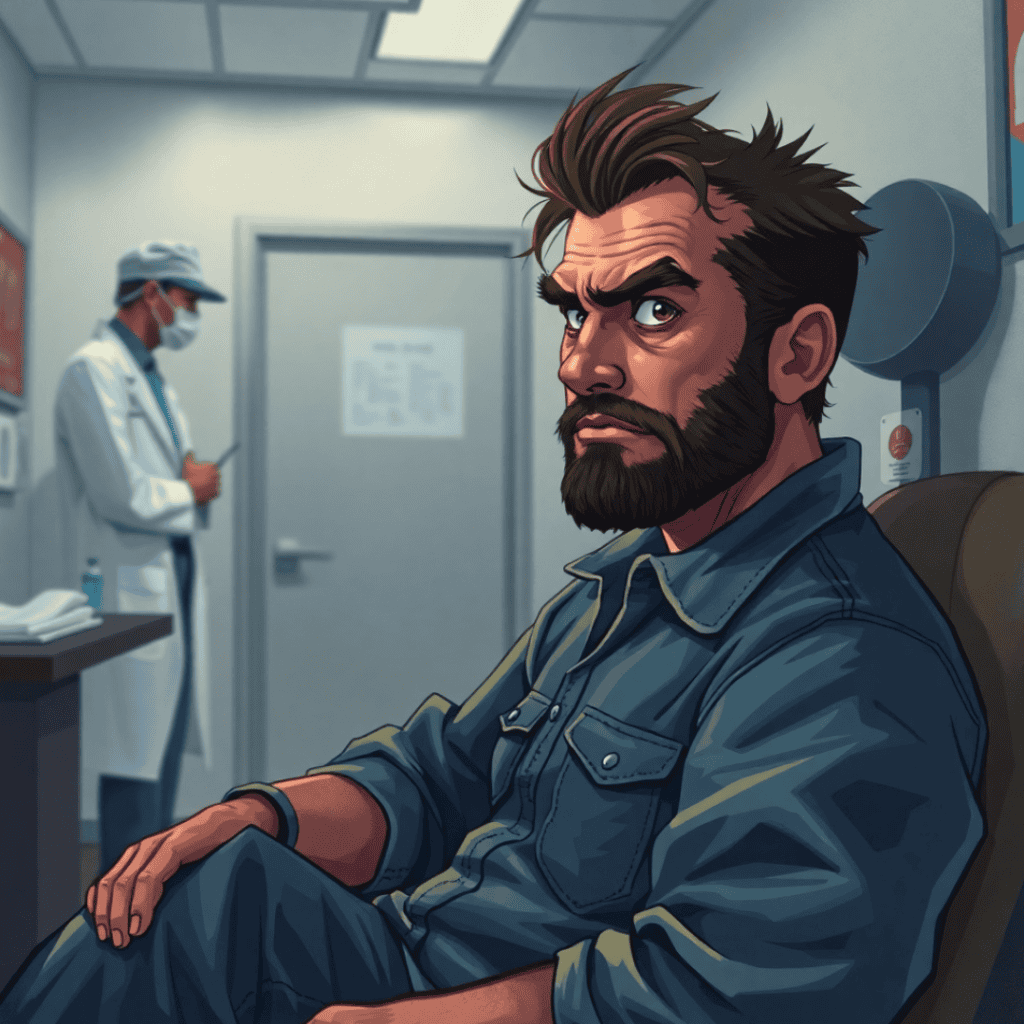
Prostate Cancer Symptoms: The Tale of the Ignored Check Engine Light
You’re driving your trusty old truck when it starts making a weird clunking noise. The check engine light flicks on, but you think, “Eh, it’ll sort itself out.” A few weeks later, your truck sounds like a rock band without rhythm—and now it won’t even start. Ignoring problems doesn’t make them go away. They just get worse.
Your body works the same way—especially when it comes to your prostate. Ignoring symptoms might seem like the tough thing to do, but real strength comes from facing the problem head-on. So, let’s talk about prostate cancer symptoms in a way that’s simple, straightforward, and yes… a little bit funny.
Why Men Ignore the Signs (And Why That’s a Bad Idea)
We get it. You’re busy. You’re tough. Maybe you think that ache in your lower back is just from lifting something heavy last week. Or that frequent bathroom run at night? Probably just too much coffee. It’s easy to brush off symptoms, especially when they seem minor or unrelated.
But here’s the thing: prostate cancer doesn’t care about your busy schedule. It doesn’t wait around while you figure out if that discomfort is worth a doctor’s visit. Catching it early can literally save your life. Ignoring the warning signs? Not so much.
Men tend to downplay symptoms, thinking they’ll just go away. However, early detection makes treatment more manageable and more successful. In other words, paying attention to what your body is telling you is the real tough move.
For more insight into why it’s crucial to catch prostate cancer early, check out Prostate Cancer 101: Everything You Need to Know About Risks, Symptoms, and Treatment.
The Early Signs of Prostate Cancer: The Subtle Hints Your Body’s Dropping
Think of these symptoms as your body’s version of a blinking check engine light. They might not seem dramatic at first, but ignoring them can lead to bigger problems down the road. Here are some early warning signs that shouldn’t be overlooked:
1. Frequent Urination
If you’re finding yourself racing to the bathroom more often than usual—especially at night—it’s a red flag. This can happen when the prostate becomes enlarged and presses on the urethra. If your nighttime routine feels more like an endurance race to the toilet, it’s worth checking out.
2. Weak Urine Flow
Imagine trying to water your lawn with a hose that’s barely trickling. That’s what a weak urine stream feels like. It’s frustrating and might make you wonder what’s going on. This symptom often indicates that the prostate is putting pressure on the urethra.

3. Trouble Starting or Stopping Urination
It’s like your body can’t decide whether it wants to go or not—starting and stopping repeatedly. This could be a sign that the prostate is obstructing the urine flow, making it harder to fully empty the bladder.
4. Pain or Burning During Urination
If peeing feels like you’re passing liquid fire, don’t just assume it’s a urinary tract infection. Pain or burning during urination can be a sign of inflammation caused by prostate issues.
5. Blood in Urine or Semen
Seeing blood where it shouldn’t be? That’s a big, flashing warning sign. Blood in the urine or semen is not normal and could indicate that cancer has affected the prostate or nearby areas.
Don’t Ignore These Clues
It’s tempting to brush off these symptoms as something minor or temporary, but early intervention is key. If you’re experiencing any of these signs, it’s time to see your doctor. Real toughness isn’t ignoring the problem—it’s taking action to protect your health.
Advanced Prostate Cancer Symptoms: Signs You Definitely Shouldn’t Ignore
If early symptoms are like a blinking check engine light, these advanced symptoms are the loud grinding noises right before your car breaks down. These signs indicate that prostate cancer has progressed and might have spread to other parts of the body. Paying attention to these symptoms can make a huge difference in managing your health.

1. Persistent Pain in the Back, Hips, or Pelvis
This isn’t the usual soreness from sleeping funny or lifting something heavy. It’s a deep, persistent ache that doesn’t go away, often due to the cancer spreading to the bones. If you’ve got a pain that just won’t quit, it’s time to get it checked out.
2. Unexplained Weight Loss
Shedding pounds without trying might sound great in theory, but when it’s because of cancer, it’s no cause for celebration. This could indicate that the cancer is impacting your metabolism or has spread to organs like the liver.
3. Fatigue
We all feel tired sometimes, but this is next-level exhaustion that sleep doesn’t fix. It’s like your body is constantly running on empty. Cancer can sap your energy, especially as it spreads.
4. Erectile Dysfunction (ED)
It’s a tough topic, but if things aren’t working like they used to, don’t just chalk it up to aging. Advanced prostate cancer can affect nerve function, making it harder to achieve or maintain an erection.
5. Bowel Changes
The prostate’s close proximity to the bowels means that as the cancer progresses, it might cause changes in bowel habits. If you’re experiencing constipation, diarrhea, or unusual bowel movements, it could be a sign of something more serious.
When to Take Action
If you notice any of these advanced symptoms, don’t put off seeing your healthcare provider. The earlier you address these changes, the more options you have for managing the condition. Real strength is about facing challenges head-on.
For a more in-depth look at prostate cancer progression and what symptoms to watch for, check out Prostate Cancer Metastasis: What to Expect and How to Take Charge.
When to See a Doctor (The Macho Move)
Let’s be honest—nobody likes going to the doctor, especially when it involves talking about something as personal as prostate symptoms. But here’s the thing: Real toughness isn’t about ignoring problems; it’s about tackling them head-on. Taking charge of your health is one of the most courageous things you can do.
If you’re experiencing any of the symptoms we’ve talked about—whether they’re mild annoyances or more serious warning signs—it’s time to make an appointment. Waiting and hoping it will go away doesn’t make you strong; being proactive does.
When Should You Make That Call?
If symptoms like frequent urination, weak flow, or pain during urination persist for more than a few weeks.
If you notice blood in your urine or semen—even once.
If you’re experiencing persistent pain in your back, hips, or pelvis that doesn’t improve with rest.
If you have unexplained weight loss or fatigue that doesn’t get better with sleep.
If you’re having difficulty achieving or maintaining an erection.
Why Early Detection Matters
Catching prostate cancer in its early stages can make treatment much more effective. It’s like finding a small leak in your roof before it turns into a waterfall. The sooner you address it, the better your chances of managing the problem successfully.
For more information on why early detection is crucial, check out Prostate Cancer Test PSA: Your Essential Guide to Understanding the Basics.

Prostate Cancer Risk Factors You Should Know
Understanding your risk for prostate cancer is like knowing the terrain before heading out on a long hike. You might not be able to change some factors, but being aware of them helps you prepare and take action if needed. Here are the main risk factors that can increase your chances of developing prostate cancer:
1. Age: The Biggest Factor
As men get older, the risk of prostate cancer rises significantly.
Most cases are diagnosed in men over the age of 50, with the majority occurring in those over 65.
Consider regular screenings once you hit your 50s, or earlier if you have other risk factors.
2. Family History: It Runs in the Family
If your father, brother, or another close relative has had prostate cancer, your risk doubles.
The risk increases even more if multiple family members have been diagnosed, especially if it occurred at a younger age.
Discuss your family history with your doctor to determine when to start screening.

3. Race: Higher Risk for Some
African-American men are at a significantly higher risk compared to other racial groups.
They are also more likely to develop aggressive forms of the disease and at a younger age.
Early and regular screenings are especially important for African-American men.
4. Lifestyle: Your Daily Choices Matter
A poor diet, lack of exercise, smoking, and excessive alcohol consumption can increase your risk.
Maintaining a healthy weight and eating a balanced diet rich in fruits, vegetables, and whole grains can help lower your risk.
Regular physical activity not only benefits your overall health but may also reduce your cancer risk.
Taking Control
While you can’t change your age, race, or family history, you can make lifestyle choices that support your health. Stay proactive by maintaining a balanced diet and staying active. If you fall into one or more high-risk categories, consider talking to your doctor about early screening options.
For more guidance on lowering your risk, check out Prostate Cancer Prevention: How Diet Can Reduce Your Risk.
The Takeaway: Don’t Ignore the Signs
Ignoring symptoms doesn’t make you a tough guy—it just makes the problem worse. Real strength comes from taking control of your health and facing potential issues head-on. If your body’s sending you signals, don’t brush them off. Pay attention, take action, and don’t let fear hold you back.
What Should You Do?
Listen to Your Body: Notice any changes, even if they seem small or unrelated.
Schedule Regular Check-Ups: Early detection can make a huge difference.
Talk to Your Doctor: If something doesn’t feel right, don’t wait. Being proactive can save your life.
Stay Informed: Understanding your risk factors and symptoms helps you make smart decisions about your health.
Remember:
You’re not in this alone. There are countless resources and support systems available to help you navigate prostate health. Whether it’s your first check-up or you’re dealing with a diagnosis, know that taking action is the courageous and smart move.
For more information on prostate health and related topics, visit Cancer Health Network – Living Well with Cancer.
Your health won’t wait, and neither should you. Reach out, get checked, and take charge. You’ve got this.
Your health won’t wait, and neither should you. We would like to hear from you .
Reach Out Today!
